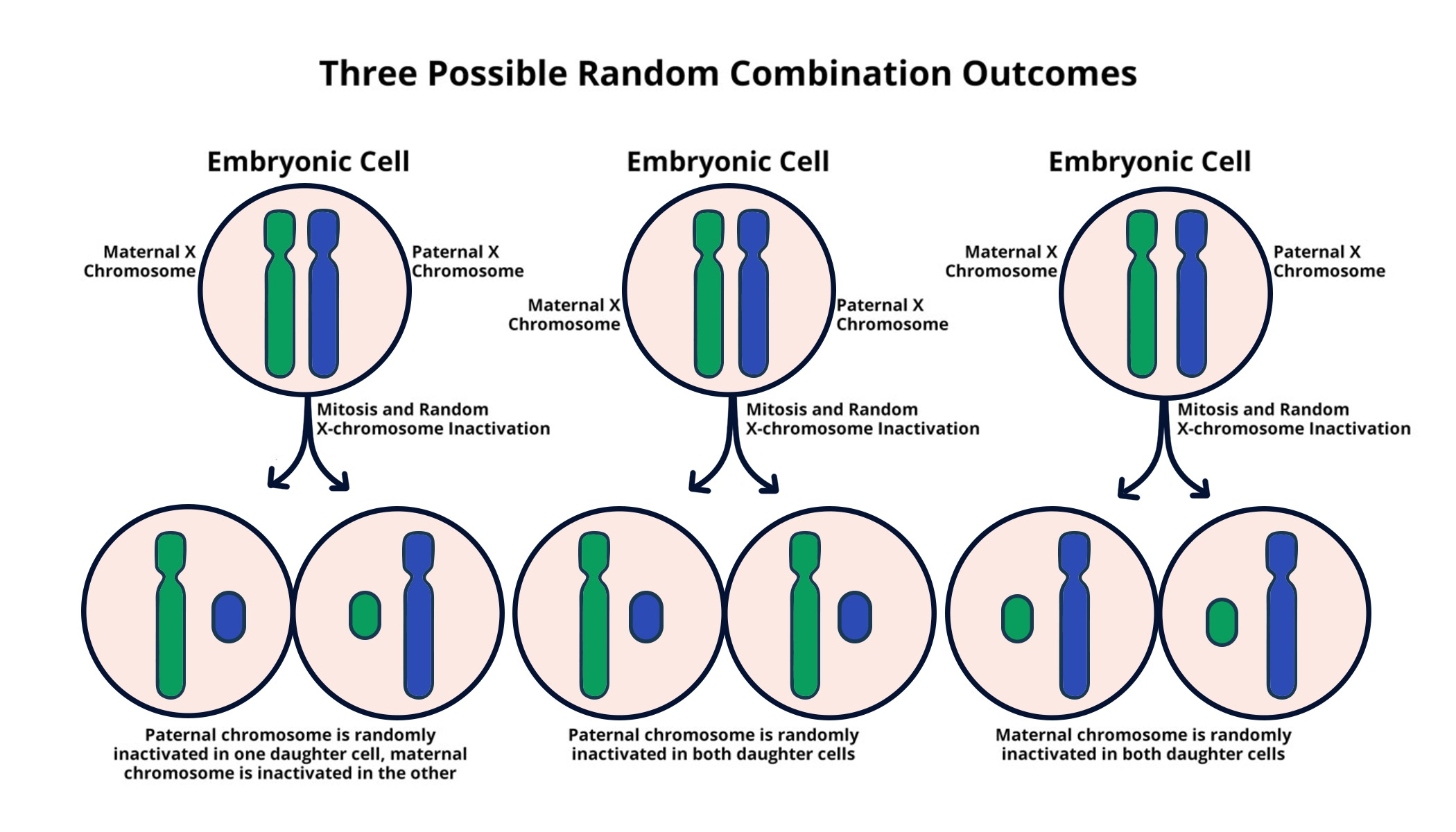
Personal Healthcare Apps Revolutionizing Cancer Patient Support
Personal healthcare apps are revolutionizing how individuals manage their health, offering tailored support at our fingertips. These innovative applications are designed to cater to various user needs, from assisting cancer patients to helping with medication adherence during recovery. By leveraging cutting-edge technologies like artificial intelligence and reinforcement learning healthcare, these apps can adapt to changing circumstances, ensuring more effective interventions. Whether it’s a cancer patient support app or tools for optimizing everyday health routines, personal healthcare apps are transforming mobile health technology into a personalized experience. As these digital coaches evolve, they promise significant improvements in adherence behavior and overall health outcomes for users.
Digital health applications, often referred to as mobile health solutions, are emerging as essential tools for personal well-being management. These innovative platforms do more than just track fitness; they provide adaptive interventions tailored to individual needs, utilizing advanced algorithms that learn from user interactions. For those coping with significant health issues, such as cancer, these resources can offer continuous support and encouragement through features like reinforcement learning. Furthermore, such tools are redefining patient engagement, blending technology with healthcare to create meaningful connections between patients and their medical journeys. As we embrace the potential of AI in healthcare, the landscape of personal health assistance is becoming increasingly dynamic and responsive.
The Role of Personal Healthcare Apps in Cancer Recovery
Personal healthcare apps are revolutionizing the recovery process for cancer patients, especially for those undergoing challenging treatments like stem cell transplants. These applications serve as vital tools to help patients navigate their recovery journey, which often includes managing complex medication schedules and mitigating debilitating side effects. Traditional methods of patient support can fall short, but with mobile health technology, customized guidance becomes readily accessible at the fingertips of users. Through algorithms tailored to individual needs, these apps can significantly enhance adherence to important medical protocols.
Moreover, personal healthcare apps like the ones developed by Susan Murphy’s lab leverage advanced technologies such as artificial intelligence and reinforcement learning to foster a supportive environment for patients. For example, these apps can intelligently schedule medication reminders based on previous behaviors and adapt their suggestions to the patient’s current emotional and physical state. By implementing a just-in-time adaptive intervention approach, these resources not only remind patients of their medications but also motivate them through personalized support mechanisms, ultimately leading to better recovery outcomes.
Innovations in Mobile Health Technology for Patient Support
Mobile health technology is at the forefront of transforming how patients manage their healthcare routines. Advances in artificial intelligence enable apps to learn from user interactions rather than rely solely on static advice. The application of reinforcement learning principles means that the software genuinely personalizes its recommendations, ensuring that motivational messages or reminders are not just timely but also contextually relevant to the user’s circumstances. This sophisticated approach enhances user engagement and adherence, particularly vital for patients with stringent medication requirements.
For instance, the ADAPTS HCT app being developed at Murphy’s lab uses real-time data to guide its interactions with both the patient and their caregivers. By considering the individual’s unique situation and prior responses to interventions, the app is able to provide more effective support. This innovation in mobile health technology illustrates how adaptive intervention strategies not only contribute to better adherence rates but also strengthen the patient-caregiver relationship, ultimately leading to a holistic approach to healthcare.
Reinforcement Learning in Healthcare Applications
Reinforcement learning is emerging as a game-changer in the field of healthcare apps, particularly for managing chronic conditions like cancer. By applying these algorithms, developers can create applications that adapt and evolve in response to user behaviors. This capability allows for personalized interventions that are more effective than standard approaches; for instance, an app might learn when a patient is most receptive to guidance and tailor its motivational messages accordingly. Such adaptive strategies are essential in a landscape where patient needs can shift dramatically over time.
The journey of implementing reinforcement learning in healthcare apps is not without its challenges. Developers, like those at Susan Murphy’s lab, must ensure that their algorithms are not only learning effectively but also respecting patient privacy and data security. Nevertheless, the potential benefits are significant—enhancing adherence, improving patient outcomes, and ultimately reshaping how individuals interact with their health management tools. As such technologies continue to evolve, they promise to make healthcare more personalized and accessible for everyone.
Collaborative Development in Healthcare Technology
The development of healthcare technology often necessitates cross-disciplinary collaboration, uniting experts from various fields to ensure that innovations meet real-world needs. For example, the partnership between statisticians, software engineers, and healthcare professionals at institutions such as the University of Michigan and Northwestern University is crucial in the creation of apps like ADAPTS HCT. Such collaborations ensure that the clinical perspectives inform the design and functionality of the applications, translating complex healthcare needs into user-friendly solutions.
Additionally, this collaborative effort allows for larger pilot studies that can validate the efficacy of the apps in real-life situations. By working with both clinicians and patients, developers can identify key challenges and opportunities for improvement in these digital interventions. By embracing a collective approach to healthcare technology, these innovative teams can create applications that not only support patients effectively but also provide valuable insights into improving healthcare delivery overall.
The Impact of Just-in-Time Adaptive Interventions
Just-in-time adaptive interventions (JITAIs) represent a paradigm shift in how healthcare support is delivered to patients. These interventions are grounded in the understanding that patients’ needs can fluctuate based on various factors, including their current health status, emotional state, and even social contexts. By utilizing real-time data and machine learning algorithms, apps can adapt their recommendations to assist patients at optimal moments, providing support when it is most needed.
The promising outcomes of JITAIs can be seen in the pilot programs for cancer patients and cannabis users alike. For instance, apps developed with reinforcement learning continuously refine their strategies based on user feedback and behavior, leading to improved patient engagement and compliance. This dynamic feedback loop not only enhances individual user experiences but also informs broader healthcare strategies, transforming patient care into a more responsive and personalized process.
The Future of AI in Healthcare
Artificial intelligence (AI) stands to revolutionize healthcare by providing insights that were previously unattainable through traditional analytical methods. Innovations in AI-driven healthcare applications are allowing for more personalized patient experiences, with algorithms designed to continuously learn and adjust based on user inputs and behaviors. These applications hold the potential to deeply understand patient needs, offering tailored recommendations that can lead to improved health outcomes and patient satisfaction.
As AI technology continues to evolve, we can expect its applications in personal healthcare apps to expand significantly. Enhanced decision-making capabilities will enable more proactive health management, turning patients into active participants in their healthcare journeys. The integration of AI in patient support systems could pave the way for innovations such as predictive modeling, advanced data analytics, and even remote symptom tracking, ultimately transforming the landscape of patient care and support.
Challenges in Developing Effective Healthcare Apps
While the potential benefits of healthcare apps are immense, there are several challenges that developers face in creating effective solutions. Ensuring user engagement is crucial; without active participation from patients, the effectiveness of any app is significantly compromised. Developers need to strike a balance between delivering informative content and making the user experience enjoyable and engaging. This may involve integrating gamification elements or social support features to keep users motivated.
Additionally, there are technical hurdles to overcome, such as ensuring the reliability and accuracy of the algorithms and addressing issues related to data privacy. Patients must trust that their information is secure, which requires transparency in how data is collected, used, and protected. Navigating these challenges is essential for the development of successful healthcare applications that can truly enhance patient well-being and treatment adherence.
Enhancing Caregiver Support through Technology
Caregivers play an integral role in managing the healthcare of patients, especially those undergoing extensive treatments like stem cell transplants. Technology can significantly aid caregivers by providing them with the tools and resources they need to support their loved ones effectively. Applications designed to help facilitate communication and coordination between patients and their caregivers can make a real difference, improving adherence to treatment plans and overall patient outcomes.
By utilizing mobile health technology, caregivers can receive real-time updates about the patient’s condition, medication schedules, and effective support strategies. This fosters a collaborative environment where both parties are empowered with information. Tools that incorporate reinforcement learning can enhance this relationship by adapting reminders or motivational prompts based on interaction history, ensuring that both the patient and caregiver are engaged in the healthcare process.
The Future of Health Coaching Apps
As health technology continues to evolve, the concept of digital health coaching is becoming increasingly prevalent. Apps designed with this purpose in mind not only focus on physical health but also encompass mental and emotional wellness. Using advanced algorithms, these applications can offer personalized health coaching that resonates with the user’s lifestyle, creating a more effective support mechanism for individuals striving to meet their health goals.
Emerging innovations in this field are aimed at broadening access to health coaching services. For many individuals, hiring a personal health coach may not be financially feasible; hence, digital solutions provide an alternative. With personal healthcare apps, users can enjoy the benefits of expert guidance without the associated costs, making health coaching more accessible to diverse populations. This democratization of health support holds the promise of fostering healthier communities on a larger scale.
Frequently Asked Questions
What are personal healthcare apps and how do they benefit cancer patients?
Personal healthcare apps are mobile health technologies designed to provide continuous support for patients, particularly cancer patients facing long recovery processes. These apps utilize sophisticated algorithms, including reinforcement learning, to personalize care by delivering tailored medication reminders and psychological rewards, ensuring users adhere to their medication regimens effectively.
How does reinforcement learning enhance the functionality of personal healthcare apps?
Reinforcement learning in personal healthcare apps enables continuous adaptation and improvement based on user interactions. This technology allows the app to learn when and how to provide reminders and support effectively, thereby optimizing the timing and content to match the user’s needs, especially in managing chronic conditions like those experienced by cancer patients.
What is ‘just-in-time adaptive intervention’ in mobile health technology?
Just-in-time adaptive intervention is a method employed in mobile health technology where the app delivers support at the optimal moment, addressing evolving user needs and contexts. This dynamic approach ensures that interventions are timely and relevant, ultimately aiding patients, such as cancer patients, in better managing their health challenges.
Can personal healthcare apps improve caregiver support for cancer patients?
Yes, personal healthcare apps can significantly enhance caregiver support by facilitating communication and collaboration between caregivers and patients. For instance, applications developed for cancer patients can send prompts and reminders to both parties, fostering a supportive relationship that improves medication adherence and overall patient health outcomes.
What is the role of AI in personal healthcare apps for managing chronic conditions?
AI plays a crucial role in personal healthcare apps by providing the underlying technology for reinforcement learning algorithms that personalize user experiences. By analyzing data from user interactions, AI can adapt the app’s responses, enabling more effective engagement and support for individuals managing chronic conditions, such as cancer treatment.
What features do mobile health technologies include for better patient management?
Mobile health technologies typically include features such as personalized medication reminders, motivational prompts, tracking of health metrics, and social support tools. These features are aimed at enhancing user engagement and adherence to health regimens, particularly for vulnerable populations like cancer patients.
How do personal healthcare apps address the challenge of medication adherence in cancer treatment?
Personal healthcare apps address medication adherence by utilizing algorithms that provide customized reminders and interventions based on each patient’s unique situation. By personalizing the experience, these apps help combat common issues like forgetfulness and misconception, which often lead to non-adherence among cancer patients.
What kind of research is being done on personal healthcare apps for cancer patients?
Research on personal healthcare apps for cancer patients focuses on developing algorithms that can support medication adherence and improve patient-caregiver relationships. Current studies, such as the ADAPTS HCT trial, aim to assess the effectiveness of these apps in real-world settings to enhance recovery and quality of life for patients undergoing treatment.
| Key Points |
|---|
| Cancer patients often struggle with medication adherence, with studies showing over 70% do not follow prescribed regimens. |
| Susan Murphy’s lab develops apps using reinforcement learning algorithms to provide personalized health support. |
| These apps offer real-time personalization to adapt to users’ changing needs and contexts. |
| Current projects include an app for stem-cell transplant patients and their caregivers to enhance medication management. |
| The ADAPTS HCT clinical trial tests an algorithm for motivating adolescent cancer patients post-surgery. |
| MiWaves focuses on helping young adults reduce cannabis usage, learning from each interaction. |
| The Oralytics project aims to improve tooth-brushing habits through an app connected with a toothbrush. |
| Murphy aspires to create effective digital supports that serve as personal healthcare coaches. |
Summary
Personal healthcare apps are revolutionizing the way patients manage their health and adhere to treatment protocols. By utilizing advanced algorithms and real-time personalization, these apps can effectively support individuals dealing with chronic conditions like cancer. With innovations in AI helping to tailor interventions, such applications are able to connect patients with their care teams and enhance medication adherence, ultimately leading to better health outcomes. As these technologies evolve, they hold the promise of serving as essential tools in personal healthcare management, bridging the gap between traditional medicine and innovative, patient-centered approaches.


